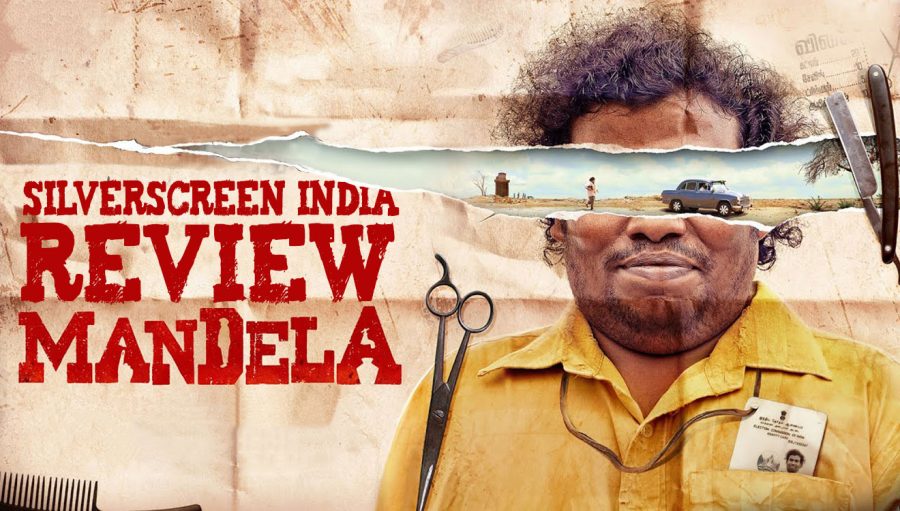The village of Soorangudi is a microcosm of the big ugly world in Madonne Ashwin’s satire Mandela. Torn amid two warring wives from rival caste communities, two good-for-nothing sons and the mob that follow them around, the village’s supreme leader, a Periyarist, suffers a stroke. With an election around the corner and a humongous kickback awaiting the winner, the community leaders begin an aggressive campaign. The electorate living on either side of the caste line that divides the village is predictable. When the village’s only outlier (Yogi Babu), a Dalit barber living under a banyan tree, gets a new name and a voter ID, he becomes the village’s crucial swing voter.
For a mainstream comedy, Mandela begins terrifically, in a comic piece set around a newly-built toilet. The deadpan humour and the ethnographic punches hit the right notes. The men, brimming with machismo, wait for the Dalit man to clean the facility so that they can fight over its ownership. The supreme leader might be idealistic and idolised, but he has to seek the wives’ help to remove a light stain on his clothes.
But the social codes are painstakingly demonstrated for the viewer, spelling out every nuance of routine life in the village. The protagonist, who goes by the name Smile, gets into a car only to be slapped and thrown out by its upper-caste owner. Callous act, of course. But should this caste hostility come as a surprise for Smile who has lived on the village’s margins? Scenes as this one are, clearly, a performance, an explanatory staging of the film’s political commentary.
Mandela tries to put across a well-known message to the viewers, that electoral rights can change society. There are no surprises there. The state is taken for granted as a fair institution. The only places where Smile is treated as an adult with constitutional rights, a public bus and a post office, are parts of the state. The bus conductor asks Smile, who is sitting on the bus’s floor, to take a vacant seat. Thenmozhi, a newly appointed post-woman, reprimands him for treating himself inferior to everyone else in the village.
Smile is an impressionable man, whose self-consciousness is made of what the villagers make of him. He takes everything that comes his way. A new name suggested by a stranger. The freebies showered on him by the upper-caste leaders who would discard him once the election season is over. All the humiliation meted out to him because he knows no better. By treating the only adult representative of the lowest strata of the village as a nincompoop, Ashwin does a great disservice to the film’s essential message.
The film goes in ideological circles. Democracy is great, but politicians are bad. Voters are victims who will, upon the command of a hero, break the barriers they are confined within, and save the nation. The lower-caste underdog who loads himself on the freebies needs basic lessons in politics and social life.
Recommended
Yogi Babu is one of the most interesting actors in Tamil cinema at the moment, with a great face and a sensitivity that isn’t common in mainstream space. His performance as Smile, the man who can’t remember the name his parents gave him, is evocative.
But Mandela, despite the humour notes and its witty basic idea, isn’t capable of stirring up a conversation on politics and society. It resorts to the usual drab, the Mudhalvan-shaped sloganeering, that might work with primary school children. For a society of adults that have lived through seven decades of democracy, this isn’t enough.
****
The Mandela review is a Silverscreen original article. It was not paid for or commissioned by anyone associated with the film. Silverscreenindia.com and its writers do not have any commercial relationship with movies that are reviewed on the site.



